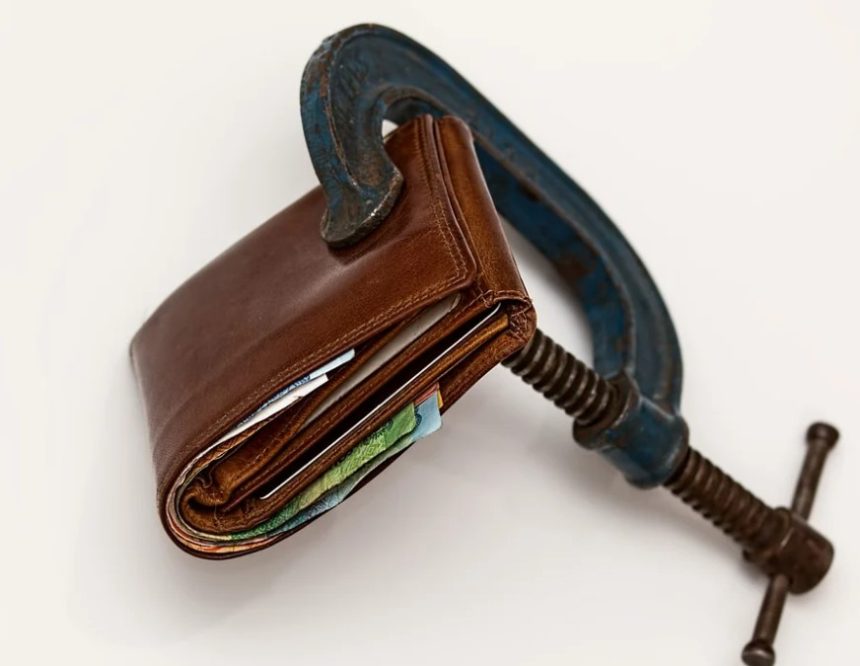Debt review, also known as debt counselling, was introduced in 2007 with the National Credit Act and is there to assist South Africans who are battling with their debt obligations; whether it is repayments on their houses, cars, credit cards and accounts, or are facing possible repossession of their assets.
Ever wondered about the national debt statistics in South Africa? About 8 million credit-active consumers are in debt-distress.
What does it mean to be under debt review?
Being under debt counselling means you have appointed a Debt Counsellor for debt review who has worked through your income and expenses and has determined that you are over-indebted and debt-stressed. This entire process is regulated by the National Credit Regulator (NCR) under the National Credit Act.
How does debt review work?
Once the Debt Counsellor has determined that you have too much debt, your Debt Counsellor will put together a repayment plan for you, inclusive of repayment terms, for your outstanding debt and you are placed under debt counselling. This plan often reduces your debt repayments by up to 50%.
At this stage, your creditors and the credit bureaus will be informed that you are undergoing debt counselling.
There is also a reduction in interest rates on unsecured lending, meaning you pay less for your overall debt. This plan would be submitted to a registered payment distribution agency (PDA) that makes all the payments to your creditors on behalf of the Debt Counsellor.
Once your creditors accept the revised repayment plan, legal action cannot be taken against you with regard to your debts under review.
Once all your debts have been repaid, you will be issued with a clearance certificate by your counsellor and they will notify the credit bureaus that you are no longer under debt counselling.
Debt counselling is not like blacklisting and any record of being under review will be removed from your credit record once the process has concluded.
Watch Moku, our Chief Meerkat tell you a little more about how we can help!
So what should I do if I’m under debt review?
While under review, make your monthly repayments on time and watch your debt reduce over time. Enjoy the protection the process provides you and remember, this is your journey to becoming debt-free
What shouldn’t I do when under debt review?
When you’re under review it is important to stick to your repayment plan, as skipping the repayments will cancel the agreement.
You are not able to access further credit whilst in the process. This is to make sure your debt is reduced to a zero balance and then your credit report is cleared.
5 Reasons why you SHOULD GO under debt review
- The debt review process involves reducing the number of your monthly instalments, so you can keep up with them- as well as afford your essential living expenses.
- The process means you will only have one amount to pay each month and the PDA will distribute to creditors according to the agreed plan.
- Debt review protects you from losing your property and assets.
- Your Debt Counsellor will deal with all your creditors, you no longer have to avoid their phone calls.
- You get a clearance certificate and a clean slate at the end of it.
REMEMBER! Debt review is not a way of financing a lifestyle beyond your means or a quick fix that will get you out of paying off your debts. Our team at Meerkat will present you with options that are designed to improve your financial circumstances, not to put you deeper in debt.
Final thoughts
Debt review is a legal process that provides consumers with a way to manage their debt and avoid being declared insolvent. It involves a debt counsellor who assesses your financial situation and negotiates with your creditors on your behalf to create a debt repayment plan that suits your budget. Debt review can provide you with a lifeline if you are struggling to pay your debts, as it offers protection against legal action and ensures that you pay a reduced, affordable monthly installment. However, it is important to note that debt review is not a quick-fix solution and requires discipline and commitment to stick to the repayment plan. If you are in financial difficulty, it may be worthwhile to consider debt review as a viable option to get back on track financially.














